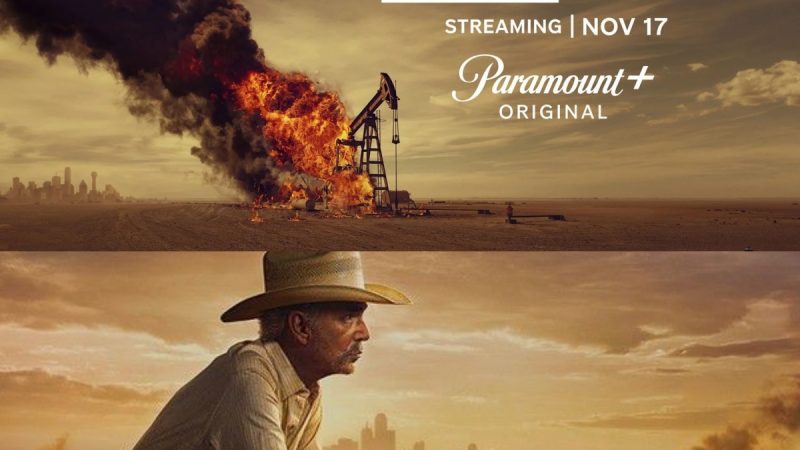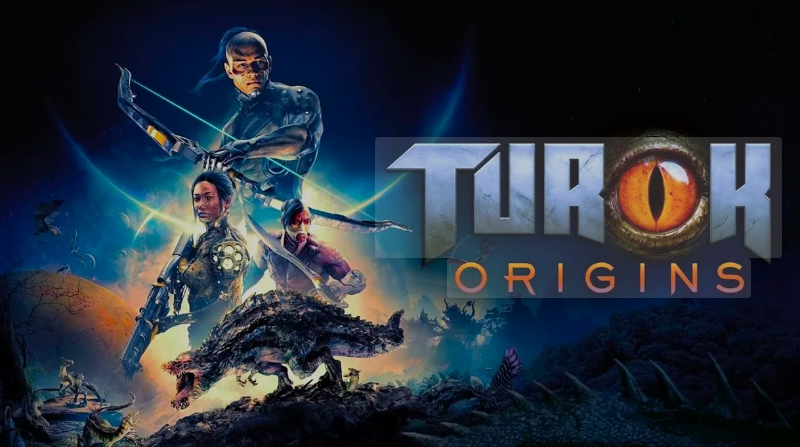Third Watch: When Television Becomes a Mirror of America’s Socio-Economic Problems
Third Watch (1999–2005): A Gritty and Heartfelt Tribute to NYC’s First Responders
In a television landscape filled with crime procedurals and hospital dramas, Third Watch stood out as a groundbreaking series that blended both—and added the heat of firefighting to the mix. Running from 1999 to 2005, the show followed the lives of New York City’s police officers, paramedics, and firefighters, giving audiences an emotionally honest, action-packed, and often heart-wrenching look at the people who risk everything to protect and serve.
Set in the fictional 55th Precinct (nicknamed “Camelot”), the show didn’t just focus on high-octane emergencies; it also dove deep into the personal struggles, moral dilemmas, and quiet heroism of its diverse ensemble cast. Here’s a closer look at the remarkable characters and the talented actors who brought them to life:
The NYPD: Grit, Loyalty, and Conflict
Coby Bell as Officer Ty Davis Jr.
A rookie trying to honor the legacy of his father, Davis evolves from a wide-eyed newcomer to a man deeply entrenched in the complex ethics of police work. Coby Bell’s performance gave Davis a thoughtful, soulful depth.
Skipp Sudduth as Officer John “Sully” Sullivan
Sully was Davis’s jaded, loyal partner—a man burdened by years of street duty. Skipp Sudduth grounded the role with realism and quiet sorrow, portraying a man who had seen too much but still cared deeply.

Jason Wiles as Officer Maurice “Bosco” Boscorelli
Bosco was the embodiment of chaos and conviction—hot-headed, aggressive, and unwavering in his personal code. Jason Wiles made Bosco both infuriating and magnetic, a flawed hero audiences couldn’t look away from.
Molly Price as Officer Faith Yokas
Yokas balanced life on the beat with being a mother and wife. Molly Price brought an authenticity to Faith that made her struggles—and victories—feel heartbreakingly real. She was the emotional heartbeat of the squad.
The Paramedics: Healing in a World of Hurt
Kim Raver as Paramedic Kim Zambrano
Empathetic and strong, Kim faced trauma on the streets and heartbreak at home, especially in her on-again, off-again relationship with firefighter Jimmy Doherty. Raver’s emotional range made Kim unforgettable.
Anthony Ruivivar as Paramedic Carlos Nieto
Initially abrasive and misunderstood, Carlos’s journey was one of the most dynamic. Ruivivar infused the role with sharp wit and vulnerability, showing the evolution of a man desperate to rise above his troubled past.

Michael Beach as Doc Parker
Doc was the rock of the EMS team—a calm, capable leader who struggled with the emotional cost of the job. Michael Beach’s layered portrayal made Doc’s personal unraveling one of the show’s most haunting arcs.
Bobby Cannavale as Paramedic Bobby Caffey
Warm, principled, and loyal, Bobby was the kind of partner anyone would want at their side. Cannavale delivered a subtle and poignant performance that made Bobby’s tragic fate all the more devastating.
The Firefighters: Bravery and Turmoil
Eddie Cibrian as Firefighter Jimmy Doherty
Brave, reckless, and full of charm, Jimmy’s heroism on the job was matched by chaos in his personal life—especially in his strained co-parenting dynamic with Kim. Cibrian brought swagger and sensitivity to the role.
A Show That Never Flinched

What made Third Watch unforgettable was its willingness to confront real issues—from PTSD and racism, to addiction and loss—without glamorizing the job. The show also aired live coverage-inspired episodes after 9/11, paying tribute to real-life first responders with grace and gravity.
Its ensemble cast delivered raw, unfiltered performances, making each episode pulse with urgency and heart. The characters weren’t superheroes—they were flawed, vulnerable, and deeply human.
Legacy of a Classic
More than just a procedural, Third Watch was a love letter to those who serve under pressure, often unseen and underappreciated. It remains a cult favorite and a quietly influential series, paving the way for modern ensemble dramas like Chicago Fire and 9-1-1.
Whether you’re a longtime fan or discovering it for the first time, Third Watch is a powerful reminder of the courage it takes to run toward danger—and the cost that courage often carries.
Frontline Workers – A Post-Pandemic Perspective
Third Watch celebrates police, medical staff and firefighters – the “frontline workers”. In the post-COVID-19 context, American society has once again recognized the importance of essential workers. This has led to debates on:
Base wage and social welfare: Are those who do life-and-death work every day paid fairly?
Public health and public safety investments: A hot topic related to government spending and the federal budget in the economy.
Reflecting on the value of labor in times of crisis
Although Third Watch is a work of fiction, it reflects the hardship, mental and physical stress of those in dangerous professions – something that is still very relevant in the current economic context:
The US is witnessing a phenomenon of “burnout” in the medical and police sectors.
These professions often do not receive as high salaries as those in technology or finance, despite their dedication and high stress.
This raises questions about income equity and resource allocation in the modern economy.
TV series as a mirror of society
The popularity of a series like Third Watch may reflect the social focus on the foundational jobs that keep cities running – and this may be returning in the current era, when the economy is under pressure from:
Inflation
Labor shortages in health care, fire, and police
Shifting priorities in public spending policies
While Third Watch does not directly address the current US economy, it is a reminder of the value of frontline workers – people whose jobs the economy and society cannot live without. Understanding and appreciating these roles can influence policy, budgets, and even the direction of vocational education in the future.



